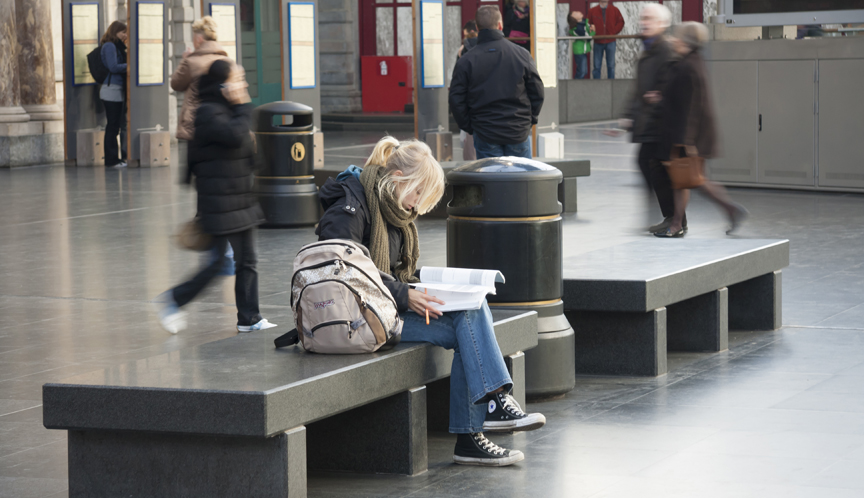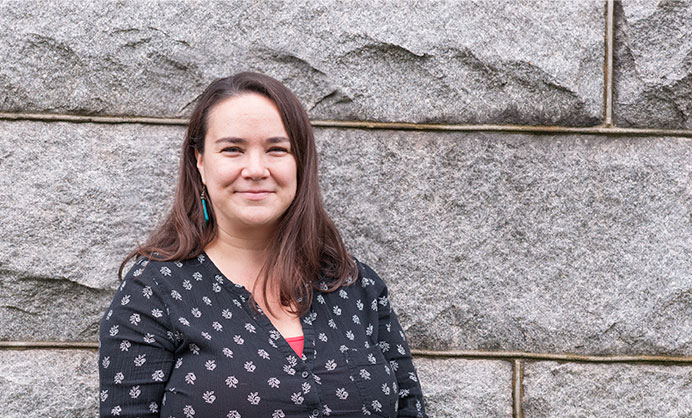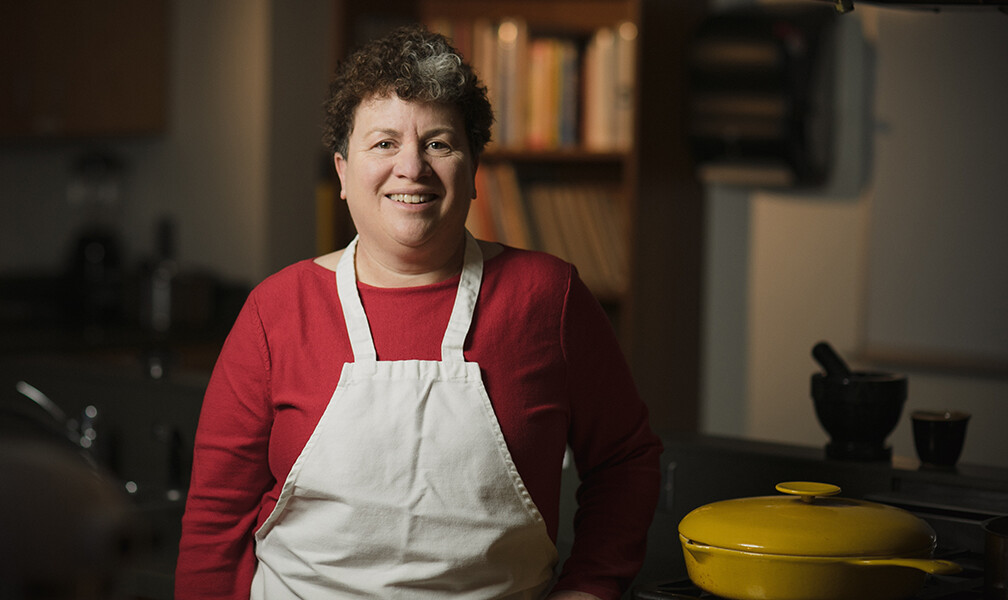By Anna Weber
My return to my hometown was an emotional blur: familiar faces and places and foods, questions, answers, hugs, kisses. I forced myself to smile, tried not to bristle against that impossible question,”“How was Belgium?”
This was the beginning of a spiral into reverse culture shock that would last me a year. Like my own period of culture shock in Belgium, I’ve come to realize in hindsight that it lasted much longer and was much more severe than the reverse shock of my other friends and peers who had similar experiences. I let it paralyze me. I didn’t see, at the time, that coming home was another opportunity to which one must be open and must adapt, and I lacked the desire and the courage to do so.
Lessons Learned from Experiencing Reverse Culture Shock
Here are some lessons I learned from my first experience with reverse culture shock. The biggest difference? Finding the balance between maintaining what you’ve acquired abroad and between integrating yourself once more into American culture.
Going back to using English was both refreshing and disappointing. Speaking and hearing French constantly was something I began to miss upon landing. English felt flat, dull, every day, easy in comparison. And I missed the French and Belgian expressions and words that simply don’t have proper equivalents in English. I was, in short, encountering a communication barrier similar to the one that had confronted me during my first month in Belgium. It would have been a good time, too, to start practicing my written French more, to read more in French in my free time, to listen to French radio and to watch French television and movies. Additionally, because my language learning muscles were already toned, it would have been an opportune moment to go back to Spanish or to pick up a new language.
Food, too, was an unforeseen element of my reverse culture shock, and for two reasons. One: I picked up on differences between typical American and Belgian cuisine and food habits, which I hadn’t even noticed during my exchange. In the United States, it isn’t quite as simple to find a standard Liège waffle, to find authentic Belgian frites, or to get the sensation of eating a whole meal when you’re drinking a beer.
Two: food in Belgium is less a basic human necessity and more a way to bring people together. Coming back to America and diving back into the habit of eating quickly and eating alone was disconcerting. If you have the means, start cooking the dishes you miss most for yourself. Don’t if you didn’t cook much while abroad — look up the recipes on cooking sites and blogs native to that country. Furthermore, if you’re like me and you’re coming from a culture that eats a certain meal of the day in a noticeably different way, invite your friends to share an imitation of that mealtime habit together.
The most difficult part of coming home was finding a place for myself both in my old hometown and at my new university. The person I was to my family and friends before wasn’t the same person who came back 10 months later. And I wanted to tell everyone I knew all the details of how my incredible experience had turned my life on its head. I realized later that I was setting myself apart and making it harder for my peers to relate to me, and I to them. I began to automatically assume that no one was interested, and consequently, that everyone was less fascinating than the people I had encountered abroad. Huge mistake.
We’re inherently curious and social beings — we are all, on some level, intrigued by what we don’t know, and we all have our own intricate backgrounds. Don’t assume Americans have less to teach you simply because they’re a part of your native culture. I find myself now with a group of friends at the University of Vermont who, while never having voyaged much themselves, understand completely this Belgian part of my identity without my ever having to explain it fully. If you’re feeling hopelessly alone when you come back from studying abroad, as I did, don’t panic. You’re not. Keep in touch with your new friends on the other side of the world as much as possible, but don’t let it limit you from making a life for yourself back stateside.
You assume everything will go back to normal when you are back. Just because we grow up unaware of the influence of culture upon us doesn’t mean that it isn’t there.
No matter how long you study abroad, be it two months to a year or more, it’ll take you a moment to get used to the money, the language, the transportation, your classes, and so much more. The most important thing to know, to start, is that it is an exact mirroring of culture shock. All the same discomforts with language, food, customs, etc. are there.
When you learn how to mesh different ways of life into your personal habits, views, and methods of approaching the world, then you can go anywhere.

Anna Weber ’14 is an English and French major at the University of Vermont. She studied at Université Libre de Bruxelles during her junior year. She will teach English in secondary schools in the Académie de Reims next year as part of the Teaching Assistant Program in France.





